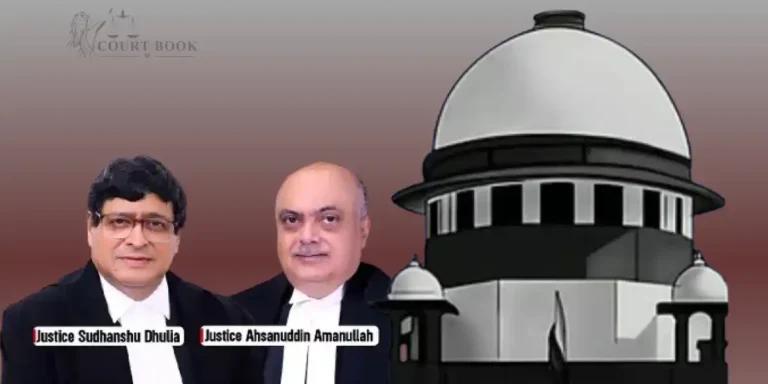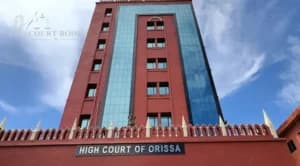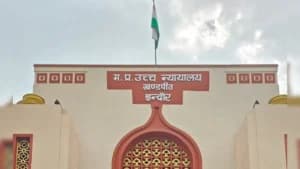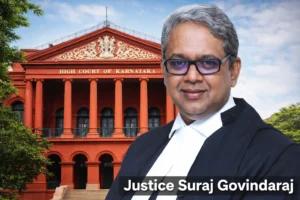In a significant judgment, the Supreme Court ruled that a transfer of property under Section 48(E) of the Maharashtra Co-operative Societies Act, 1960 is not void unless the concerned co-operative society actively seeks to rescind the transaction. The judgment came while dismissing an appeal filed by the legal heirs of Machhindranath Tarade who had challenged the sale of the property made by their predecessor.
Read also: Supreme Court issues notice to Haryana Govt on plea alleging sexual harassment and assault of woman
The case centred around ancestral agricultural land in Ahmednagar, Maharashtra, over which the original owner had created registered possession in favour of a co-operative society in 1969 to obtain a loan. Later in 1971, the land was sold to his nephew (respondent no. 1) through a registered sale deed. On the same day, a document referred to as the "Ram Ram Patra" was also executed, which allegedly assured re-transfer on repayment of ₹5,000.
Subsequently, defendant no. 1 sold a portion of the land to a third party (defendant no. 2) in 1972, whereby the plaintiff initiated a suit for possession and re-transfer. While the trial court ruled in favour of the plaintiff holding the sale void under Section 48 of the Act, the Bombay High Court reversed the judgment, and now the Supreme Court has upheld the High Court's decision.
"Section 48(e) of the Act must be read as directory to the extent that it can be acted upon only at the instance of the aggrieved party (i.e. the concerned society)… It would be a voidable action at best and would not be void ab initio," a bench of Justices Sudhanshu Dhulia and Ahsanuddin Amanullah said.
The Court emphasised that only the co-operative society in whose favour the charge was created has the right to challenge the alienation. Since the society had passed a resolution in 1973 to release the charge (after the loan was repaid), the Court held that the society's interests were not harmed and no complaint was made out.
The Supreme Court also questioned the authenticity of the "Ram Ram Patra", noting that it was unregistered, not stamped, and written by a different author than the sale deed. It said that such an informal document without any specified time or repayment terms has no legal value.
Read also: NHAI moves SC against Madras HC order that stayed toll collection on Madurai-Tuticorin highway
The plaintiff's claim that the sale price of ₹5,000 was undervalued was also rejected, with the Court noting that no concrete evidence was produced to prove that the land was valued at ₹25,000 at the time.
It would not be appropriate for the court to assist a person who says that the wrong that he has done should be set aside and relief should be granted to him despite the wrong done by him…The plaintiff cannot be permitted to benefit from the wrong done by him," the court stressed.
Case Title: MACHHINDRANATH S/O KUNDLIK TARADE DECEASED THROUGH LRS v. RAMCHANDRA GANGADHAR DHAMNE & ORS., SPECIAL LEAVE PETITION (CIVIL) NO.7728 OF 2020















